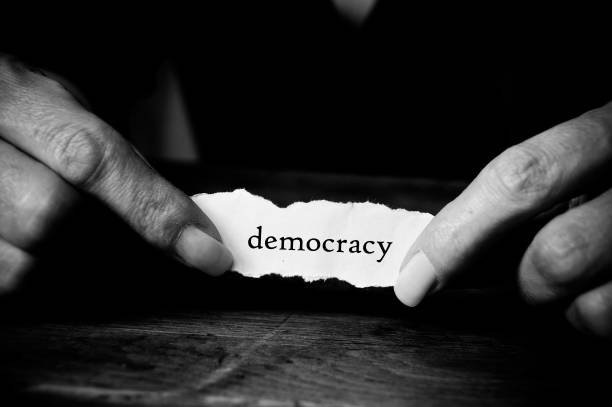Democratic values of human dignity, equality, and freedom are foundational principles that guide the governance of democratic nations. These principles are often enshrined in key legal documents that define a country’s constitution and other fundamental laws. In the context of South Africa, the Constitution is the supreme law that upholds these values.
A Document that Affirms the Democratic Values of Human Dignity Equality and Freedom
A document that affirms the democratic values of human dignity, equality, and freedom is the Constitution of the Republic of South Africa, 1996. This foundational legal text explicitly enumerates these principles, highlighting them in its Founding Provisions and Bill of Rights. Section 1 of the Constitution defines South Africa as a state founded on values including human dignity, equality, and the advancement of human rights and freedoms. The Bill of Rights further enshrines these values, detailing specific rights and protections to ensure that they are upheld within the nation.
The Constitution of the Republic of South Africa, 1996
Preamble
The preamble to the Constitution of South Africa sets the tone by emphasizing the nation’s commitment to heal the divisions of the past and establish a society based on democratic values, social justice, and fundamental human rights.
Chapter 1: Founding Provisions
This section of the Constitution explicitly enumerates the values of human dignity, equality, and freedom:
- Section 1: This section defines the Republic of South Africa as a sovereign, democratic state founded on values including human dignity, the achievement of equality, and the advancement of human rights and freedoms.
Bill of Rights
The Bill of Rights is a cornerstone of democracy in South Africa and enshrines the rights of all people in the country. It lays out the legal basis for human dignity, equality, and freedom:
- Section 9: The right to equality, including the full and equal enjoyment of all rights and freedoms. It prohibits discrimination on any grounds such as race, gender, sex, pregnancy, marital status, ethnic or social origin, color, sexual orientation, age, disability, religion, conscience, belief, culture, language, and birth.
- Section 10: The right to human dignity, recognizing that everyone has inherent dignity and the right to have their dignity respected and protected.
- Section 12: The right to freedom and security of the person, including the right not to be deprived of freedom arbitrarily.
Other Relevant Documents
In addition to the Constitution, other international documents affirm these democratic values, such as:
- The Universal Declaration of Human Rights: An international document that sets out fundamental human rights to be universally protected, including dignity, equality, and freedom.
- The African Charter on Human and Peoples’ Rights: A regional document that protects human and peoples’ rights in Africa, emphasizing the same democratic principles.
Conclusion
The Constitution of the Republic of South Africa, 1996, is the central document that affirms the democratic values of human dignity, equality, and freedom in South Africa. It sets out these principles clearly in its Founding Provisions and Bill of Rights, binding all branches of government and citizens alike. This framework, along with other international human rights documents, forms the backbone of South Africa’s democratic governance, emphasizing the country’s commitment to justice, equality, and human rights.




